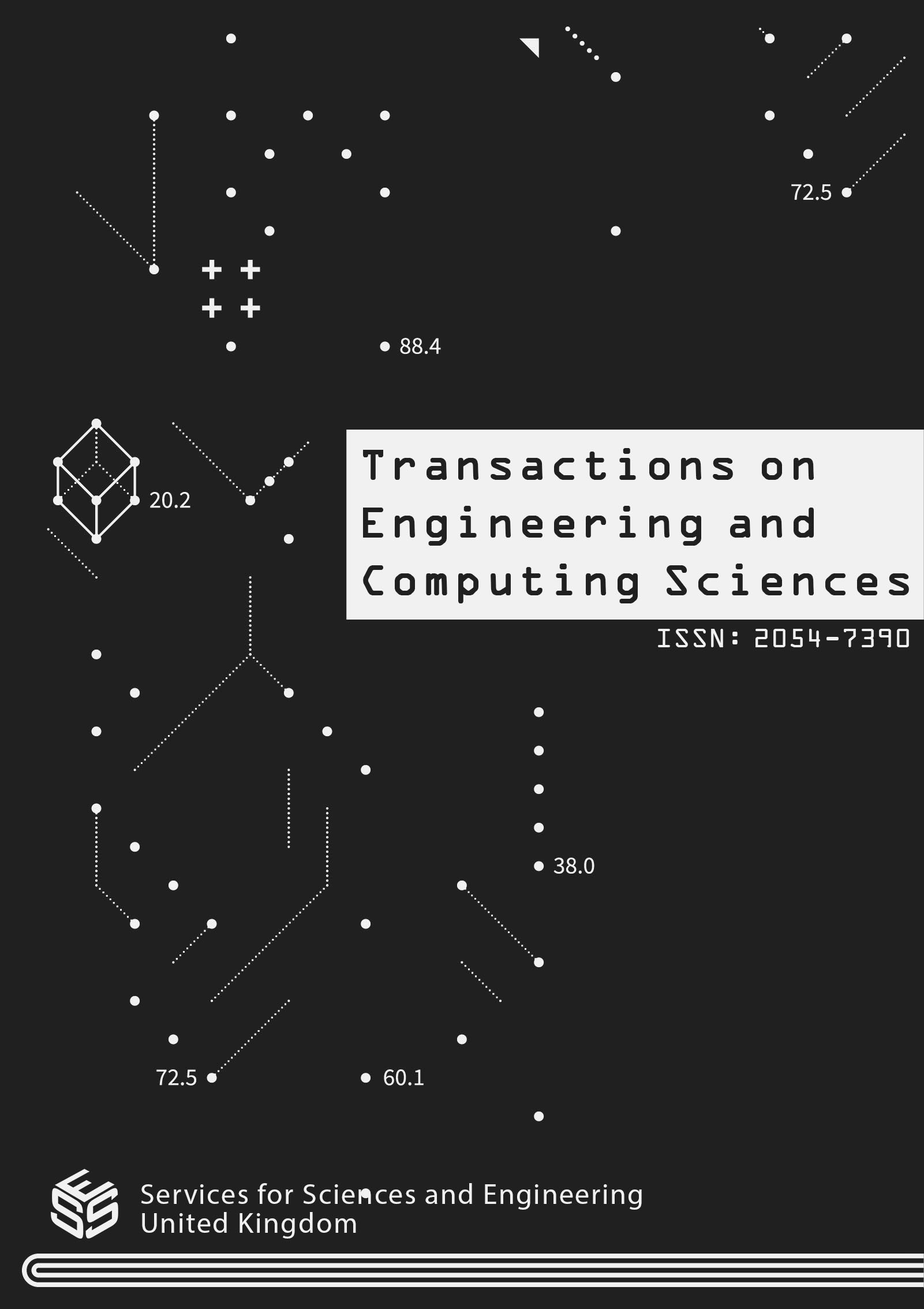National Education Policy NEP-2020 - To Change the Objectives, Challenges and Benefits to Higher Education Transformation in India - Private/Govt Engineering Institutions and Private/Govt Universities
DOI:
https://doi.org/10.14738/tecs.114.15318Abstract
The National Education Policy (NEP) 2020, which is a document that aims to transform the Indian education system by 2030. It also discusses the implications, challenges, and benefits of the NEP 2020 for private engineering institutions and private universities in India covers the following topics: The objectives of the NEP 2020 for higher education, such as increasing the gross enrolment ratio, promoting multidisciplinary and holistic education, establishing a National Research Foundation, enabling the entry of foreign universities, creating a single regulator, ensuring equity and inclusion, empowering faculty and institutional leaders, and revamping the assessment system, The challenges faced by private engineering institutions in implementing the NEP 2020, such as revising their curricula and pedagogy, facing increased competition from foreign universities, complying with the regulations and standards set by the HECI, and increasing their investment in research and innovation, The benefits enjoyed by private engineering institutions in implementing the NEP 2020, such as benefiting from the increased demand for higher education, benefiting from the opportunities for collaboration and partnership with foreign universities, benefiting from the autonomy and accountability granted by the HECI, and benefiting from the focus on research and innovation in the NEP 2020, The examples of multidisciplinary courses under NEP 2020 that are offered by various IITs in India, such as Bachelor of Science in Physics with specialisation in Artificial Intelligence, Bachelor of Technology in Engineering and Liberal Arts, Bachelor of Technology in Computer Science and Engineering with specialisation in Computational Linguistics, and Bachelor of Technology in Artificial Intelligence, The benefits of multidisciplinary courses for students, such as developing a holistic understanding of the world, gaining different perspectives on various topics and issues, adopting a real world approach to learning, improving collaboration skills, developing transferable skills, enhancing creativity and innovation, and increasing flexibility and choice, The skills required for interdisciplinary careers that involve working across two or more disciplines or fields of study, such as critical thinking, problem solving, communication, teamwork, time management, research, organization, technology, creativity and innovation, and flexibility and choice, The ways to improve critical thinking skills in the workplace, such as evaluating information objectively, asking questions to verify facts and assumptions, being open-minded to different opinions and perspectives, generating alternative solutions for problems or situations, choosing the best option based on evidence and logic, implementing and monitoring solutions effectively, and keeping learning new things constantly, The examples of critical thinking in the workplace that can benefit employees and organizations in various aspects, such as contributing to company goals, decision making, personal growth and development, time management, promoting good teamwork, being open to trying something new, determining the right course of action, and controlling emotional response.
Downloads
Published
How to Cite
Issue
Section
License
Copyright (c) 2023 P. Bhaskara Reddy, R. Praveen Reddy, A. Vijaya Sarada Reddy

This work is licensed under a Creative Commons Attribution 4.0 International License.






